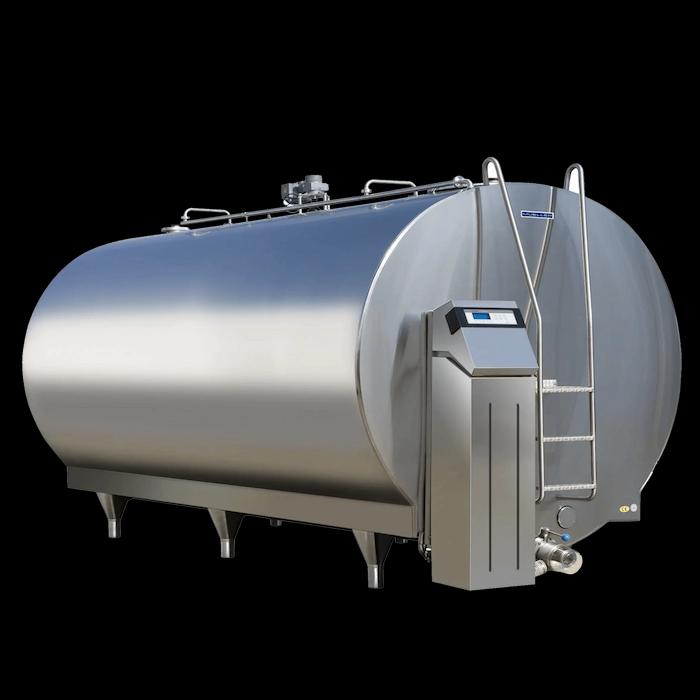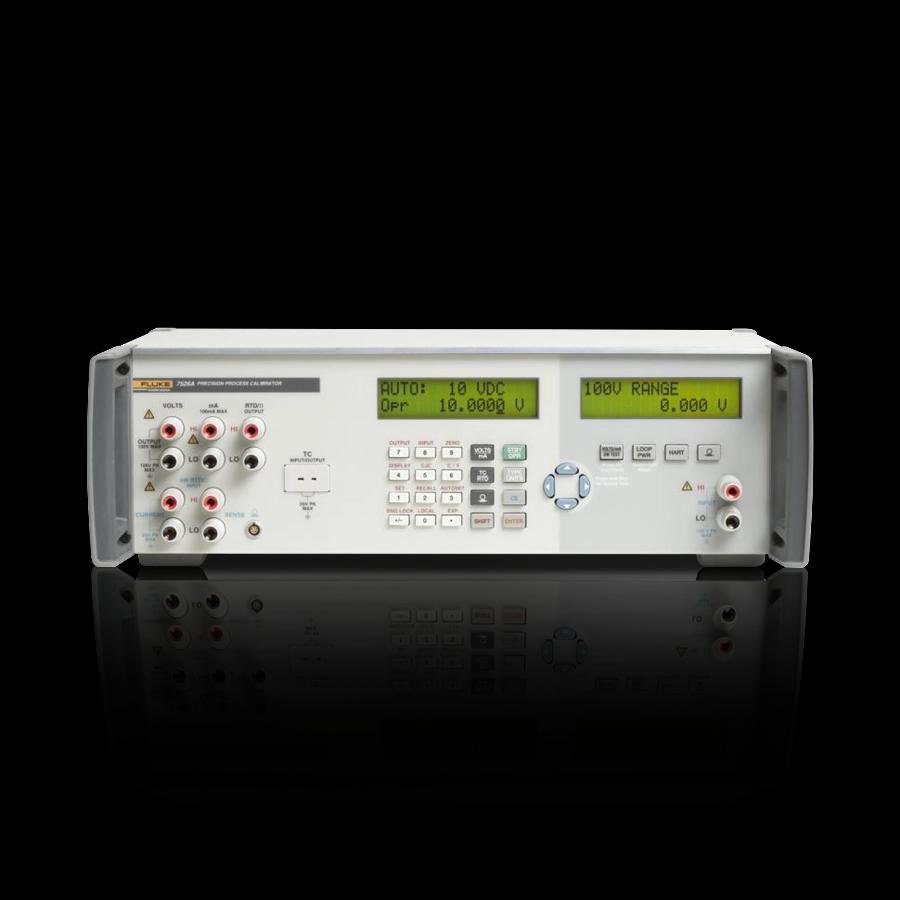The standards for trade measurement calibration are set by the NMI, which is responsible for maintaining the National Measurement System and enforcing the National Trade Measurement Regulations. These regulations set out the legal requirements for the use and calibration of measuring devices in trade.Benefits of trade measurement calibration include:
- Ensuring accurate measurements for consumers
- Preventing fraud and unfair competition in the marketplace
- Improving efficiency and productivity in the supply chain
- Compliance with legal requirements
In order to comply with the legal requirements for trade measurement calibration in Australia, organizations are required to have their devices calibrated by an accredited calibrator.
CI Scientific is an accredited calibrator and offers trade measurement calibration services for a wide range of devices. They have a team of experienced technicians who are trained to calibrate devices to the highest level of accuracy and are familiar with the latest standards and regulations. Additionally, CI Scientific offers a client portal called CISCAL SMART which allows customers to keep track of their calibration records and schedule future calibration services.
Choose CI Scientific for their trade measurement calibration services because of their expertise, reliable and accurate calibration results, and a user-friendly client portal.
Trade Measurement calibration is used in a variety of industries that involve the use of measuring devices in trade. Some examples include:
- Retail: Many retail businesses use scales, measuring tapes, and other devices to measure and sell products such as food and clothing.
- Manufacturing: Many manufacturers use measuring devices such as scales and measuring tapes to weigh or measure raw materials, ingredients, and finished products.
- Logistics and Supply Chain: Many logistics and supply chain companies use weighing scales to measure the weight of cargo and fuel dispensers to measure the volume of fuel.
- Construction: Many construction companies use measuring devices such as tape measures to measure and calculate the size of a building or construction site.
- Service Industries: Taximeters are used by taxi and ride-hailing companies, to measure the distance and time traveled and calculate the fare for the ride.
- Laboratory: Laboratory equipment such as balances, pipettes, and volumetric flasks are used to measure and weigh chemicals and other materials in scientific research and testing.
- Agriculture: Agriculture companies use devices such as weighing scales to measure the weight of crops, livestock and feed.
- Food and Beverage: Food and beverage companies use devices such as weighing scales and measuring cups to measure ingredients and finished products.
These are just a few examples of the many industries that use trade measurement calibration. It is important for organizations in these industries to regularly calibrate their devices to ensure accurate measurements and compliance with legal requirements.
The standards, procedures, certificates, and requirements for Trade Measurement calibration in Australia are set by the National Measurement Institute (NMI) of Australia, which is responsible for maintaining the National Measurement System and enforcing the National Trade Measurement Regulations.
- Standards: The NMI sets the standards for the accuracy and performance of measuring devices used in trade. These standards are based on international standards and are regularly updated to ensure that devices are accurate and compliant with the latest regulations.
- Traceable Standards: Calibrations must be performed using standards that are traceable to national or international standards to ensure accuracy and reliability.
- Procedures: The NMI has established procedures for the calibration and verification of measuring devices used in trade. These procedures are designed to ensure that devices are calibrated to the highest level of accuracy and are compliant with the latest regulations.
- Certificates: Organizations that have their devices calibrated by an accredited calibrator will receive a certificate of calibration, which serves as a record of the device's accuracy and compliance with the latest regulations.
- Requirements: Organizations are required to have their devices calibrated by an accredited calibrator at regular intervals, depending on the device and its intended use. Organizations are also required to display the certificate of calibration in a visible location near the device. Additionally, organizations are required to keep records of their calibrations and make them available for inspection by the NMI.
In addition, the NMI conducts regular inspections to ensure compliance with the regulations, and organizations can face penalties for non-compliance.
CI Scientific is an accredited calibrator in Australia and they are compliant with the latest standards, procedures and regulations set by the National Measurement Institute. They offer Trade Measurement calibration services for a wide range of devices and their calibrated devices will be issued with a NMI Traceable certificate.
Many different types of equipment and machines used in trade require Trade Measurement calibration. Some examples include:
- Weighing Scales: These are used to measure the weight of products, raw materials, and other items. They come in a variety of types and sizes, including bench scales, floor scales, and truck scales.
- Measuring Tapes: These are used to measure the length or size of items. They come in a variety of types and sizes, including tape measures, steel tapes, and surveyor tapes.
- Fuel Dispensers: These are used to measure the volume of fuel dispensed at petrol stations.
- Taximeters: These are used to measure the distance and time traveled and calculate the fare for a taxi or ride-hailing service.
- Balances: These are used to measure the weight of chemicals, ingredients, and other materials in scientific research and testing.
- Pipettes: These are used to measure and dispense precise volumes of liquid in laboratory settings.
- Volumetric Flasks: These are used to measure precise volumes of liquid in laboratory settings.
- Flow meters: These are used to measure the rate of flow of liquids and gases.
- Length measuring devices: These are used to measure the length of items, such as the length of a roll of fabric.
- 1Temperature and humidity measuring devices: Temperature and humidity measuring devices are used in many industries, such as food and beverage, agriculture, and health care, to measure and control the temperature and humidity of a product, environment or storage area.
These are just a few examples of the many types of equipment and machines that require Trade Measurement calibration. It is important for organizations that use these devices to have them calibrated by an accredited calibrator at regular intervals to ensure accurate measurements and compliance with legal requirements.



